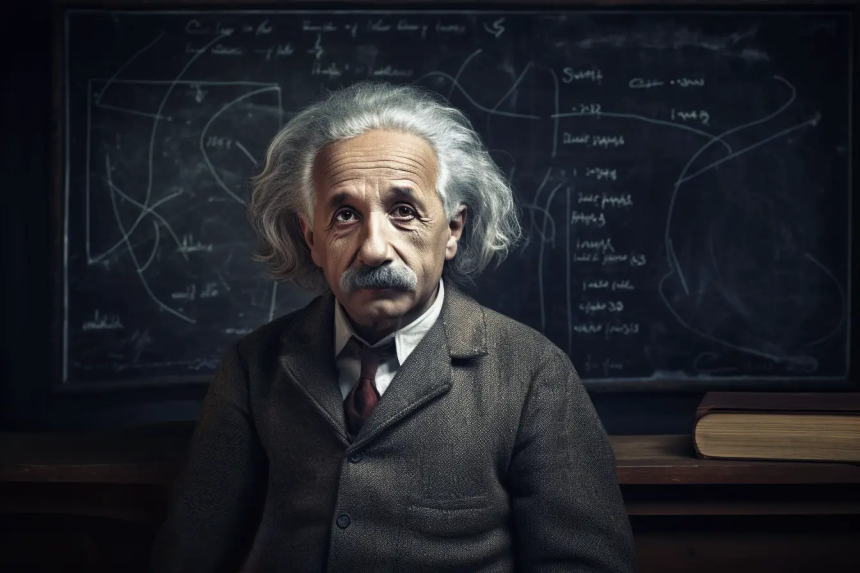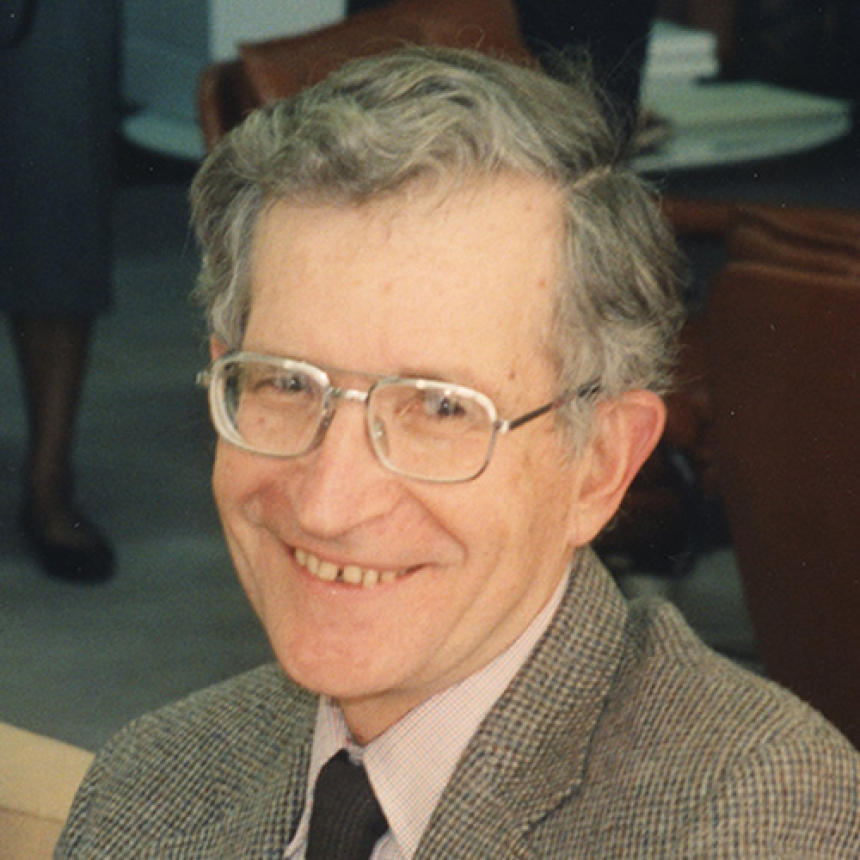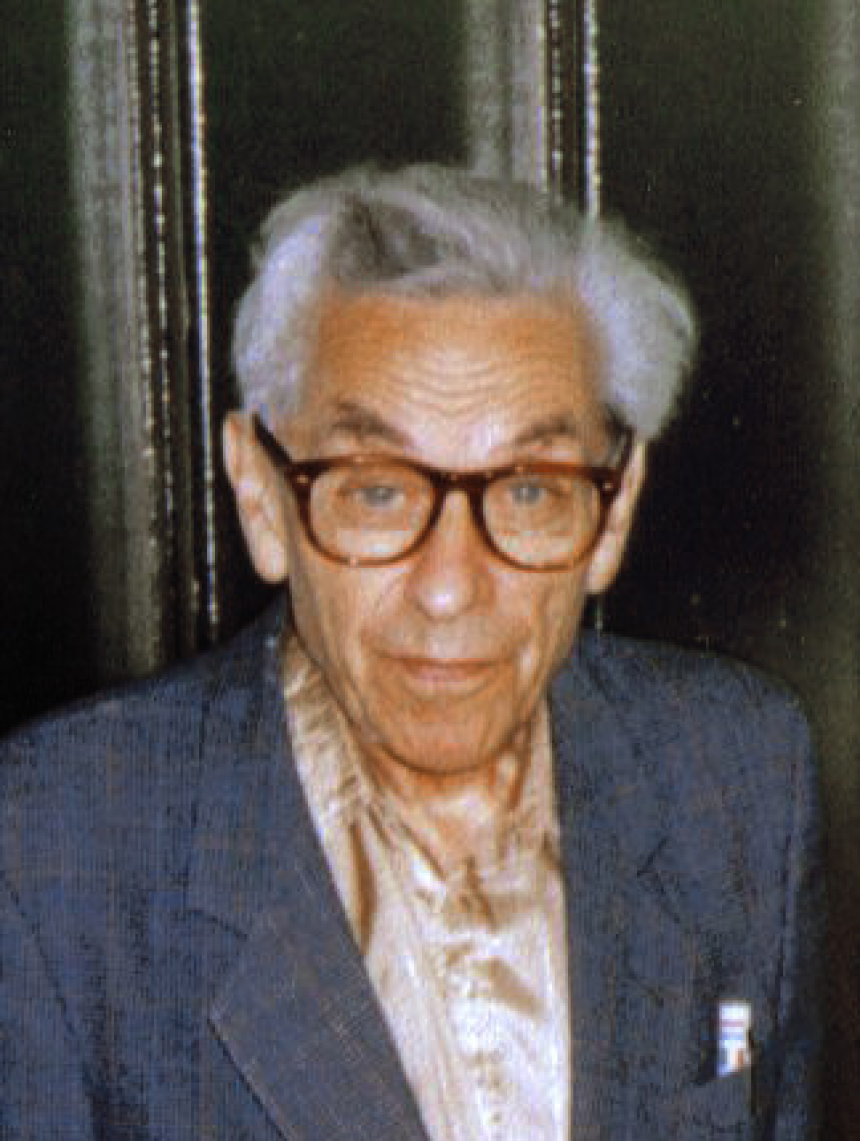
Albert Einstein: The Iconic Genius Who Reshaped Our Understanding of the Universe
Albert Einstein, beyond his scientific achievements, was an advocate for peace, a philosopher, and a beacon of ceaseless curiosity.
Few names in the history of science carry the same weight and recognition as Albert Einstein. A towering figure in the world of physics, his innovative and revolutionary theories have fundamentally reshaped our understanding of the universe. However, Einstein was not merely a physicist. He was a passionate advocate for peace, an amateur musician, and a profound philosopher. This post seeks to explore the life, achievements, and lasting legacy of this remarkable man.
Early Life and Education
Born on March 14, 1879, in Ulm, a small town in Germany, Einstein demonstrated an early curiosity for the natural world. His father, an electronics engineer, introduced young Einstein to a compass, a simple object that fascinated him and sparked his curiosity about the invisible forces that govern our world. However, Einstein's relationship with formal education was quite tumultuous. He clashed with the strict, disciplined educational system, which he found stifling to his creativity.
At the age of 16, Einstein left school and traveled to Switzerland, where he was admitted to the Swiss Federal Polytechnic in Zurich, studying physics and mathematics. It was here that Einstein first began to develop the theories that would make him famous.
Revolutionary Contributions to Science
Einstein's contributions to the world of physics began with four papers published in 1905, often referred to as the Annus Mirabilis, or "miracle year," papers. These papers covered the photoelectric effect, Brownian motion, special relativity, and the equivalence of mass and energy (the famous E=mc^2 equation).
His theory of special relativity upended the traditional Newtonian mechanics that had dominated physics. It postulated that space and time were intertwined into a single entity — spacetime, and that nothing, not even light, could travel faster than the speed of light.
In 1915, Einstein presented his theory of general relativity, expanding on his previous work. He proposed that massive objects cause a distortion in spacetime, which is felt as gravity. This was a groundbreaking shift from the Newtonian perspective, which considered gravity as a force acting between bodies. In 1919, British astronomer Sir Arthur Eddington's observations during a solar eclipse confirmed Einstein's predictions about the bending of light around the sun, bringing Einstein worldwide fame.
Legacy and Influence
Einstein's scientific legacy cannot be overstated. His theories are fundamental to modern physics and have informed a wide range of scientific disciplines, from cosmology and quantum mechanics to nuclear technology and space exploration. His work earned him the 1921 Nobel Prize in Physics.
However, Einstein's influence extends beyond his scientific achievements. His philosophical reflections on science and life have inspired millions. Known for his humility, Einstein once said, "I have no special talent. I am only passionately curious." He has been a model for countless scientists and thinkers, encouraging them to question, explore, and innovate.
Einstein was also a vocal advocate for civil rights, education, and pacifism. Deeply affected by the destruction caused by the two World Wars, he dedicated much of his later life to promoting peace and disarmament. His letter to President Franklin D. Roosevelt played a crucial role in initiating the Manhattan Project, yet Einstein was a lifelong pacifist, a contradiction that haunted him.
In Conclusion
Albert Einstein's contributions to humanity are manifold. His revolutionary theories have defined modern physics, his philosophical wisdom has inspired countless individuals, and his humanitarian efforts continue to echo today. More than 60 years after his death, Einstein's legacy is very much alive. He stands as a testament to the power of curiosity, imagination, and critical thinking. His life's work has not only enlightened us about the mysteries of the universe but also underscored the responsibility that knowledge brings in shaping a better world.





